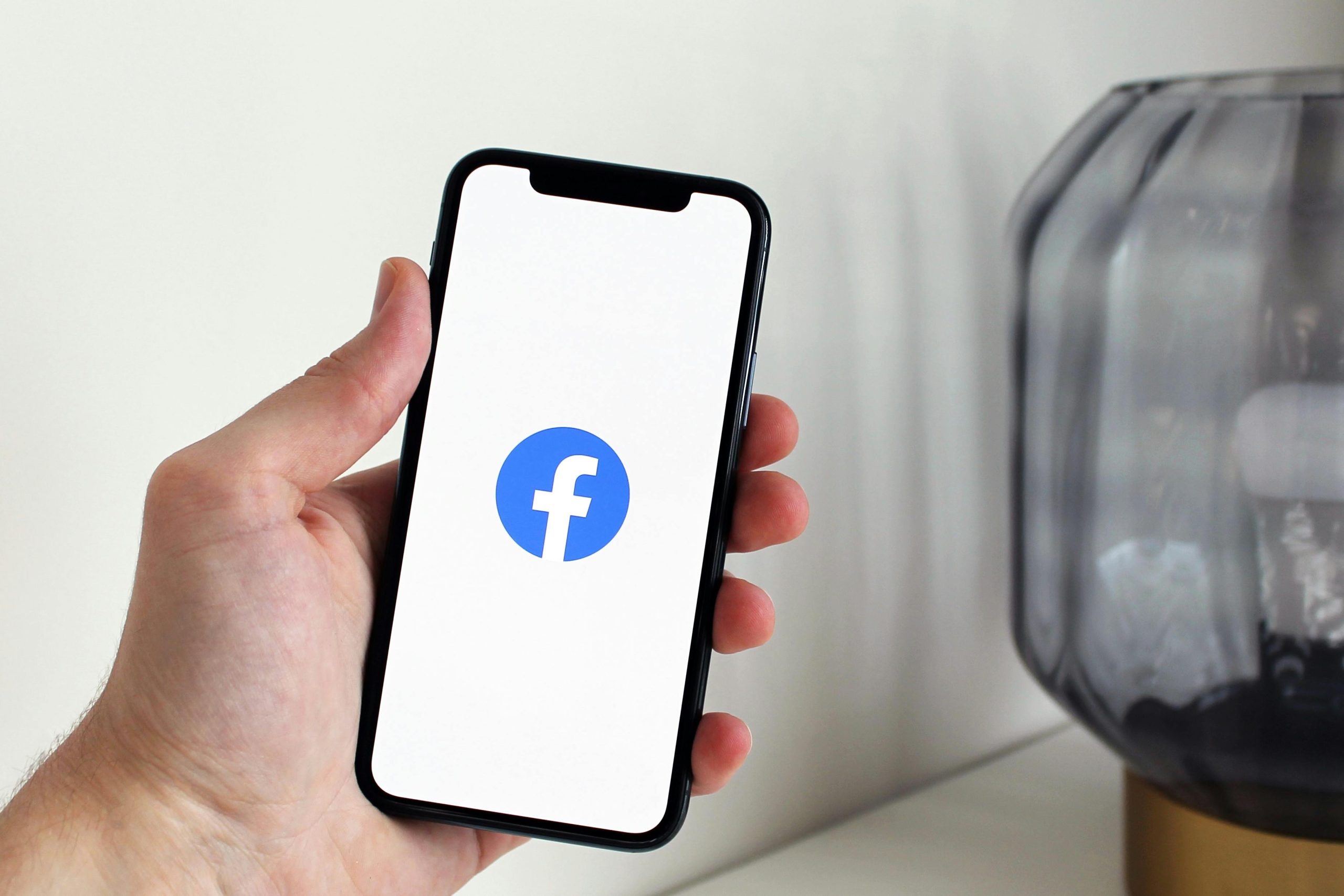If You Want To Be Happy, Keep Your Personal Life As Private As Possible

It feels very ironic to tell people on an internet post that privacy is the key to happiness – but it’s not wrong! There have been studies talking about how social media makes you more depressed, the idea of FOMO, and all sorts of takes on how our internet culture of oversharing collides with our wellness.
My Social Media Cleanse
About a year ago, I made a decision. I deleted all my social media—especially Facebook. My feed was filled with all those friends-of-friends, current and former coworkers, and family that you can’t get rid of. (And I tried—a particularly overzealous friend of my mom’s sent me a request thirty minutes after I unfriended her.) With a stream of constant negativity and complaining, I got sucked into thinking with that kind of mindset. Even worse, when I felt like that, it compelled me to reach out for validation—but not by calling a friend or having coffee with my grandma. Instead, I ended up posting it back on social media—and a vicious cycle was born.
Since deleting my Facebook, I’ve felt my general outlook improve noticeably.
But what if your Facebook looks different than mine did? What if you’ve surrounded yourself with positive people? That may not help.

The Benefits of Keeping Your Personal Life Private
When you keep your personal life private, you reduce the risk of unwanted opinions and judgment from others. By keeping things to yourself, you create a buffer against external pressures and distractions. This can help maintain peace of mind and allows you to focus on what truly matters without outside interference.
Maintaining Boundaries
Setting boundaries by keeping your personal life private can improve your relationships and overall mental well-being. It lets you control what others know about you, allowing you to share only what you’re comfortable with. This approach can prevent misunderstandings, reduce drama, and help protect your energy from those who might not have your best interests at heart.
Reducing Stress and Anxiety
When fewer people are involved in your personal life, you experience less pressure to meet others’ expectations. Keeping your life private minimizes the stress of managing others’ opinions and reactions, giving you more space to grow and make decisions independently. This privacy can help reduce anxiety, as you’re not constantly concerned about how others view your choices.
Focusing on Personal Growth
Privacy allows you to concentrate on your own progress without outside influences. When you keep personal matters to yourself, it becomes easier to reflect on your goals, learn from experiences, and make adjustments that are truly right for you. This focus on self-improvement can lead to a deeper sense of happiness and fulfillment, as you’re able to work toward what genuinely matters to you without distraction.
Why Happiness Can Make You Depressed
In a 2016 article in Current Opinion in Psychology, two researchers reached the conclusion that “users [of social media] communicate abundant social comparison information conveying mainly positive self-portrayals . . . social comparison or envy mediate a positive association between Facebook use and undesirable affective outcomes such as depression.” To break that down, the more vacation and engagement photos you see on your feed, the worse your instant ramen with your cat actually looks. (1)
If you don’t post anything in response, people might notice you’re not putting anything out there. If you post something about how great your life is, now maybe your posts are making someone else feel insecure. Or, maybe, you posted this great thing and now you feel fake. Or the disparity between your online life and your real life makes you feel worse. If most people are posting “positive self-portrayals,” it seems like that could be a very real danger.

Why Do People Post?
In an interview, Los Angeles relationship therapist Dr. Gary Brown offered some thoughts on why people post so much of their lives on social media—and what it could reveal about their mental health.
“Anxiety can be big. . . as well as feeling lonely and needing to connect with others,” he says. “Or, a person may do it out of feeling generally inadequate or if they’re a narcissist — they need to share everything that comes to mind to make sure they’re heard.”
And what if the information is ‘oversharing’? “An over-sharer may also not have a good ‘internal censor,’ . . . typically, they do not have a good sense of boundaries.” (2)
So, Before You Post . . .
Examine what your motivations are, what response you’re looking for—and if this will help or hurt your mental health.
Featured image from: Pexels
Loading...






